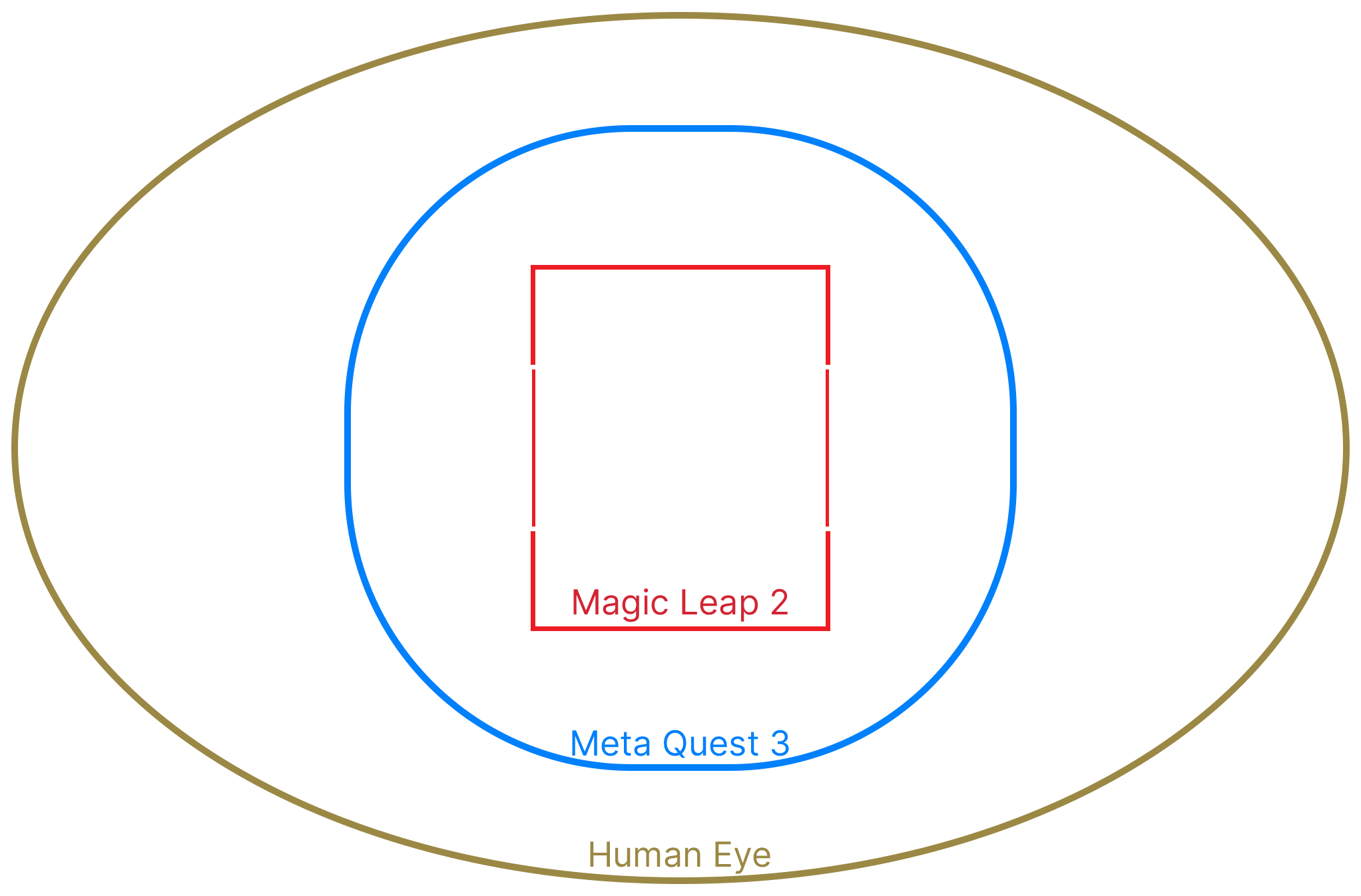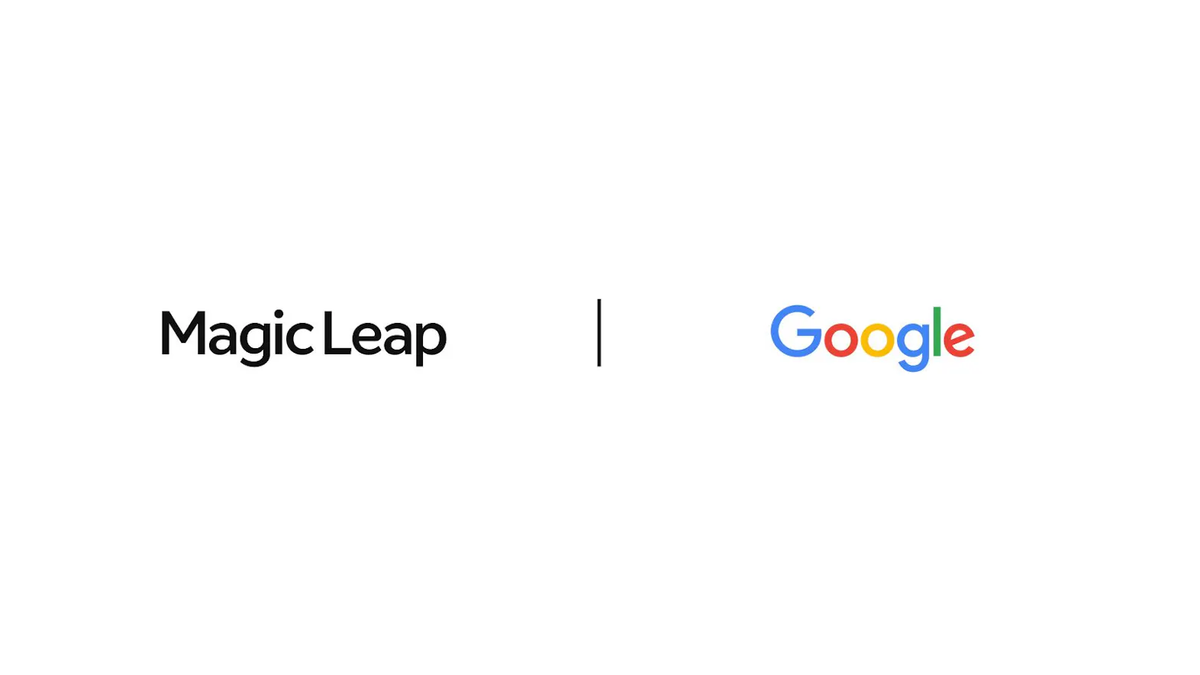Magic Leap has entered a “multi-faceted, strategic technology partnership” with Google.
The companies say the partnership will combine Magic Leap’s “leadership in optics and manufacturing” with Google’s “technology platforms”.
Google was an initial investor in Magic Leap, leading a $542 million funding round back in 2014. Google CEO Sundar Pichai also joined the Magic Leap board at the time, but he stepped down in 2018, ostensibly due to his schedule being too busy.
Last year The Financial Times reported Magic Leap was in talks with Meta for an intellectual property (IP) licensing and contract manufacturing deal intended for “mainstream AR products”. The partnership with Google suggests this fell through, though it’s possible the partnership is non-exclusive.
Samsung is also building a headset with Google powering the software, but Samsung’s device is expected to be a VR-style headset with passthrough cameras like Apple Vision Pro and Meta Quest 3. Magic Leap’s technology is distinctly different from all three, using transparent AR optics instead.
Why Magic Leap?
If you’re unfamiliar, Magic Leap is an AR headset company, majority owned by Saudi Arabia since last year.
In 2018 it launched the first transparent AR headset marketed and sold to consumers. But Magic Leap 1’s eye-watering $2300 price and the limitations of transparent optics (even today) meant it reportedly fell significantly short of sales expectations. The Information reported that Magic Leap’s founder, the CEO at the time, originally expected it to sell over one million units in the first year. In reality it reportedly sold just 6000 units in the first six months.
In late 2019, around 16 months after launch, Magic Leap pivoted its strategy to enterprise and launched a new $3000 bundle with business warranty and support.
The company today is still fully focused on enterprise. Magic Leap 2 launched last year at $3300, leapfrogging HoloLens 2 with a taller field of view, brighter displays, and unique dynamic dimming.
Magic Leap 2 remains the best-in-class transparent AR headset on the market, and the company’s expertise in transparent AR is clearly what Google is looking to leverage.
There isn’t much major competition in transparent optics AR though, as companies like Meta and Apple are taking the alternative approach of delivering AR via cameras on the front of VR-style opaque headsets instead, sometimes called mixed reality. Of the big tech giants only Microsoft bet on transparent optics, and HoloLens 2 is now almost four years old. Camera passthrough enables a much wider field of view and lower cost than waveguides, but with the tradeoff that the view of the real world is lower quality.

Transparent AR optics will be needed to launch AR glasses though, which all the major tech companies eventually want to do.
In exchange for providing its AR optics expertise, Magic Leap could get access to Google’s services, including Chrome, Maps, the Play Store, its Lens computer vision tech, and Gemini AI. This could even be Magic Leap’s path to reentering the consumer market, with Google handling the software side of the offering.

